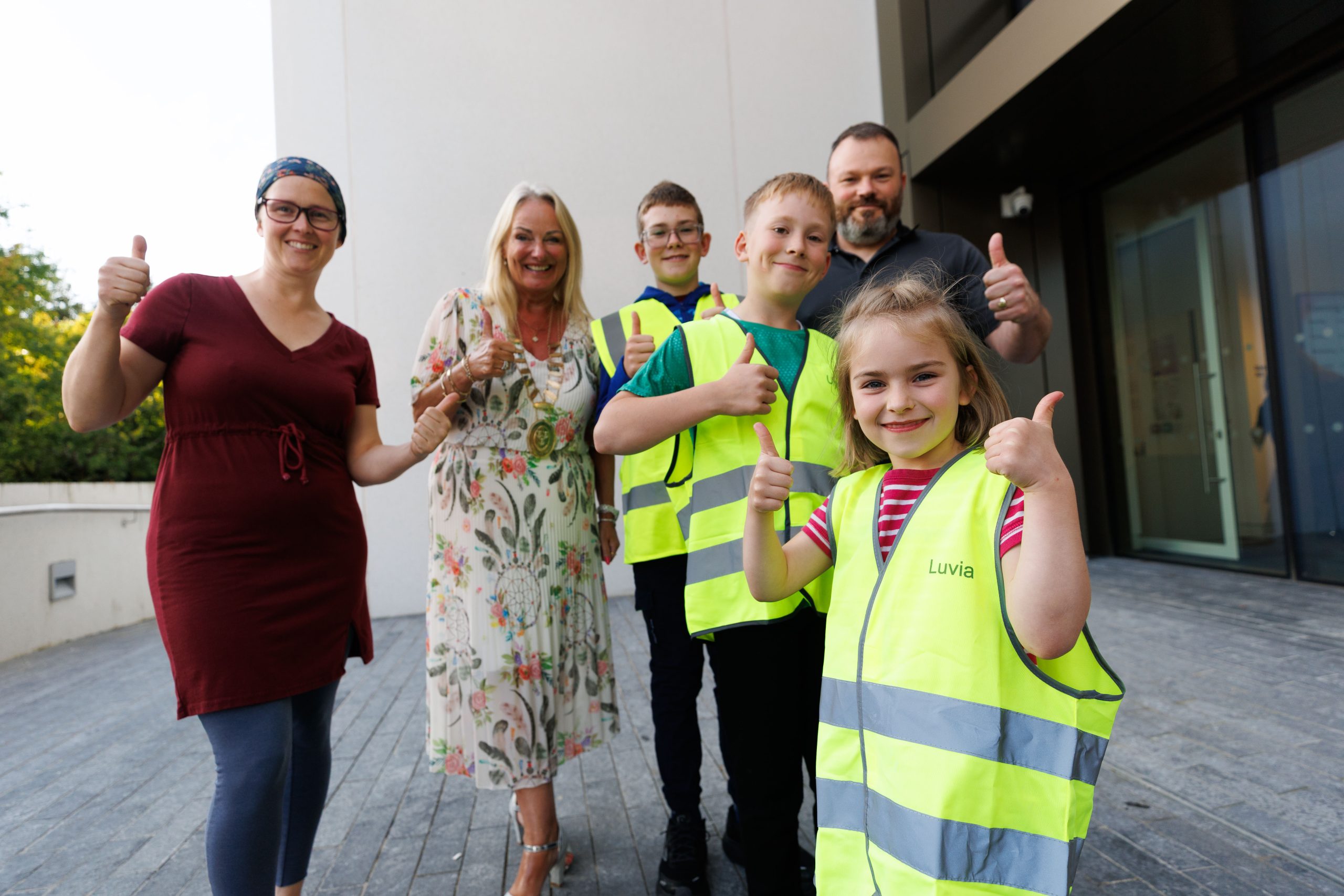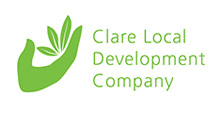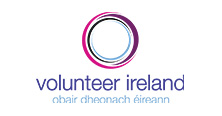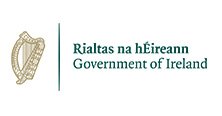
Most conversations about volunteering focus on adults, yet international research suggests that the decision to volunteer rarely begins in adulthood. Long-term studies on flourishing and civic engagement show that people who volunteer consistently often share formative childhood experiences that shaped how they respond to others long before anyone called it “volunteering”. This perspective reframes how we understand volunteering in Ireland and beyond: not as an isolated choice, but as something rooted in early patterns of behaviour, responsibility and influence.
⸻
Positive adult role models
One of the strongest findings across these studies is the influence of an adult who treated the child as capable. In these environments, helping others was not framed as an exceptional act—it was simply part of everyday life. Children were included in real situations: accompanying adults when they supported someone, being asked for their view, or observing how family members took responsibility in their community.
Over time, this builds a natural responsiveness: you notice what needs to be done and act.
For many adults who volunteer today—whether in community groups, social projects or local initiatives—this quiet modelling in childhood becomes the foundation for their instinct to contribute later on.
⸻
Responsibility with real outcomes
A second predictor is early experience of responsibility with visible outcomes. Not chores, but tasks where something genuinely depended on the child—preparing materials, helping run an activity, being trusted with a recurring role.
Research shows that when young people see the direct result of their actions, they are far more likely to carry this practical mindset into adulthood, often through volunteering. This pattern appears repeatedly in studies on youth participation, indicating that confidence grows not from being assigned tasks, but from being trusted with responsibilities that matter.
These small but meaningful roles often become the earliest examples of civic engagement.
⸻
Agency and influence within groups
The third theme is agency within groups. Children who have opportunities to influence decisions—proposing ideas, shaping events, taking ownership of small initiatives—develop confidence in environments where roles are flexible.
This early sense of influence aligns closely with the way most volunteer settings function, where initiative is often more important than formal authority. In Ireland, organisations that work closely with young people note that when children experience this kind of agency, they are more likely to become adults who feel comfortable stepping into community roles, offering their time and shaping local projects.
⸻
Why these patterns matter for communities
Viewed through this lens, volunteering is shaped not only by the adults we engage today but by the childhood patterns forming now: whether children see helping as normal, whether they receive responsibilities that matter, and whether they have space to initiate.
These experiences create a long-term foundation for community involvement.
They also highlight something essential for the future of volunteering in places like Clare: that building strong, active communities begins long before people sign up for a role. It begins in the micro-moments that teach children how to notice, care and contribute.
⸻
Implications for organisations and educators
For organisations, educators and community groups, this insight offers a practical direction. Creating environments where children can take meaningful responsibility, observe positive adult role models and influence small decisions helps cultivate future volunteers naturally—not through campaigns, but through experience.
And as research consistently shows, when these early conditions exist, the next generation of volunteers doesn’t appear suddenly—they grow into the role as a continuation of what they learned early on.



